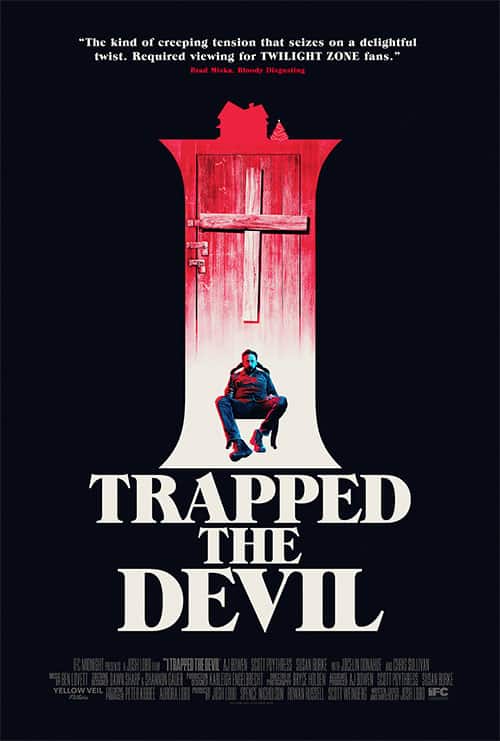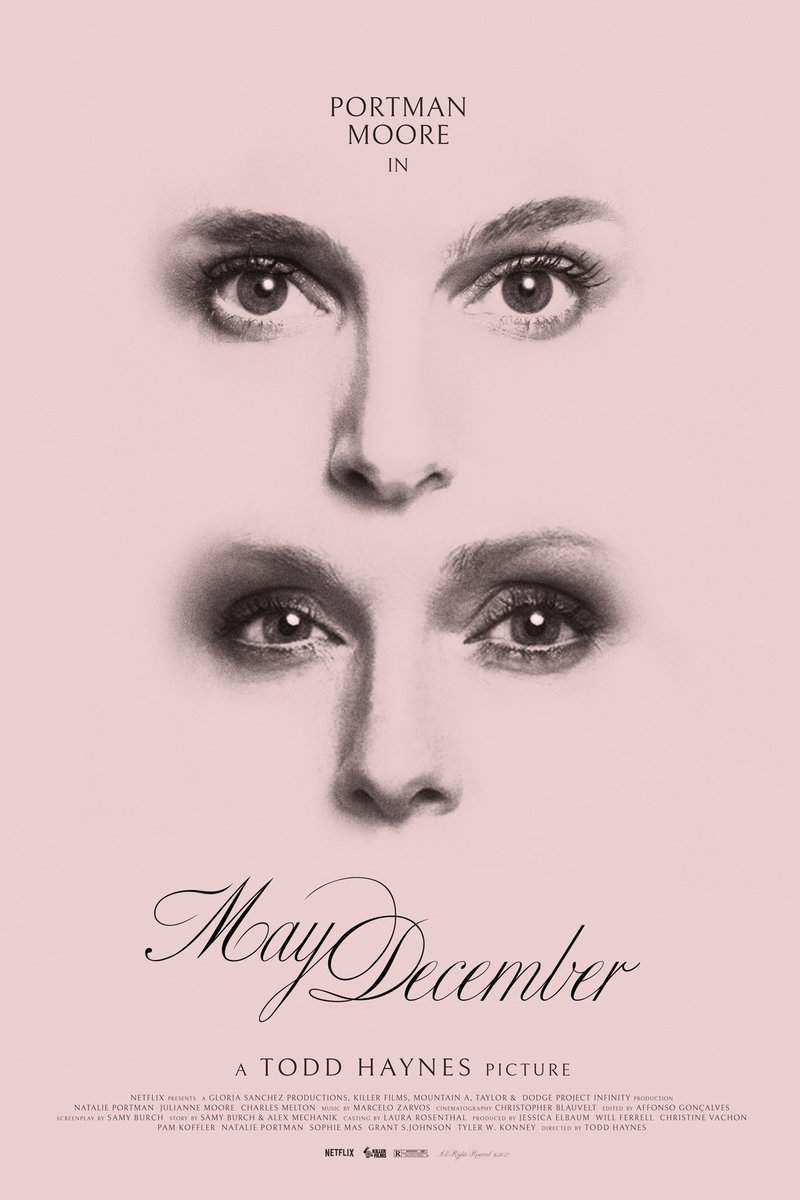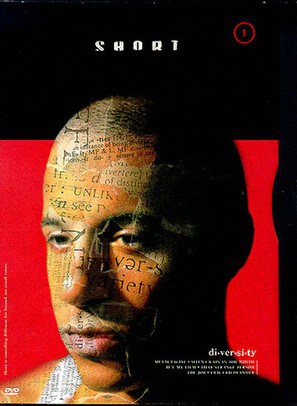
Although Season 3 is over, and Season 4 is far beyond the horizon, there’s still plenty to talk about. Given the WGA and SAG-AFTRA strikes in the US, covering writers and actors in film and tv, I routinely see questions regarding the composer’s role in all of this. Are composers going to strike? Do they have a union too? Why not? For those deeply familiar with the history of composer organization efforts in the US, these may seem like ignorant questions with obvious answers, but that only stems from a relative lack of coverage and a complex history, with a number of statutes and legal decisions coalescing at once. For example, not many people know that composers in the States don’t have a union at all, let alone why. So I’ve decided to give a brief overview of some of these issues in the hopes of answering some of the more basic, surface-level questions. There’s a lot to unpack, so I’ve tried to keep things straightforward, without crawling into the weeds too much. As such, I simplify some concepts (e.g. work-for-hire agreements) and elements of history (e.g. the various legal cases and decisions). See below to listen or go wherever you get podcasts, including Spotify and Apple. You can also scroll below for a very brief overview (condensing 20 minutes of discussion into a few paragraphs…).
Today, there is no composers union in the US. While there have been a number of attempts over the years, each attempt over the past three decades has failed. Though today’s environment seems to be pushing toward another try. But this wasn’t always the case.
In 1953, the Composers and Lyricists Guild of America formed (the “CLGA”), becoming a formal union in 1955. By 1972, the CLGA went on strike, lasting two-months. Then, led by Elmer Bernstein, they sued the studios in a case called Bernstein v. Universal Pictures, Inc., eventually settling in 1979. The outcome of this case and a lack of funding caused the CLGA to dissolve shortly afterward. This article provides some additional background.
By the early 1980s, composers had re-grouped under The Society of Composers & Lyricists to again attempt to unionize. Early members included composers like Henry Mancini, John Williams, Jerry Goldsmith, and Quincy Jones In a case called Aaron Spelling Productions, Inc. v. Society of Composers and Lyricists, the National Labor Relations Board (the “NLRB”) determined that composers could not unionize, striking down the attempt. Although this ruling came about in 1984, it has been the major impediment to a subsequent composers’ union. This article provides some additional background and an in-depth discussion of the NLRB’s decision.
At this point, it’s unclear whether there will actually be another attempt at unionization anytime soon (although it seems to happen every ten years or so, making the time ripe). Even if there is another attempt, the history certainly muddies the chance of success.



